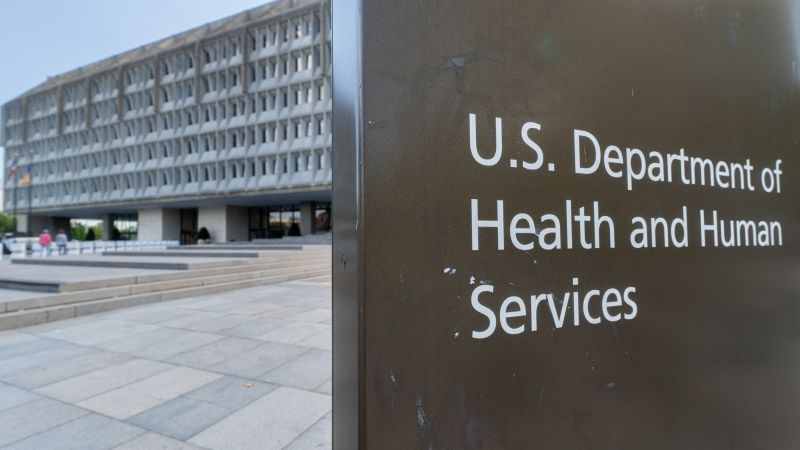Pregnant women who use trendy CBD oil could be putting their unborn babies at risk of harm, a study has suggested.
Canadian experts found that ingesting the oil — which is said by advocates to improve sleep, boost mood and relieve pain — may restrict development of foetuses, resulting in worryingly low-weight at birth.
As the oil, which is available at high street chemists and online for £10, does not contain the illegal, psychoactive element in cannabis, THC, it is widely viewed as safe.
But the authors of the new study, from McMaster University in Canada, have warned that the substance could be harmful for some groups.
‘Our study is shedding light that there’s a possibility that CBD might also be harmful in the pregnancy,’ said lead author of the study, researcher Tyrah Ritchie.
The researchers fed drops of cannabis oil, containing either CBD or THC, to pregnant mice and compared them to controls not given the oils.
The measurement given was the equivalent to the recommended dose in humans, and was administered for five days during the early stages of pregnancy.
They found that both cannabis-derived substances hindered the development of the blood vessels in pregnant mice’s placentas and the resulting foetuses were smaller.
Trendy CBD oil, available from high street shops for as little as £11, could potentially impair the growth of babies in the womb, research suggests
Fellow author of the study, Professor Ali Ashkar, said this appeared to be due to how the oils interacted with the mothers’ immune system.
‘We did see that both THC and CBD can disrupt a special type of immune cell called a Uterine NK Cell that is crucial in normal development of the placenta,’ he said.
‘We also saw poor development of the arteries that help supply blood to the placenta.
‘We’re thinking this is what is possibly disrupting the nutrient and oxygen delivery to the baby’.
Once the baby mice were born researchers then monitored them for behaviour changes.
They found male mice exposed to CBD in the womb were less active in a cage, spending more time sitting still.
Those exposed to THC were also found to have cognitive impairments and increased aggression.
Ms Ritchie said: ‘Oral use of THC and CBD during the pregnancy not only disrupts growth of the baby but seems to have long-term consequences as the babies were found to have changes in their behaviour later in life.’
While she acknowledged the study was on mice, and more research was needed to assess the risk for human mothers, she added the findings raised the possibility that using CBD products in pregnancy could be dangerous or harmful.
The exact mechanism of how CBD and THC could be impacting the development of embryos in the womb is unclear, the researchers said, however, both substances are known to easily cross the placenta to a developing foetus.
CBD products have exploded in Britain in recent years with oils, gummies, patches, creams and drinks being marketed as helping with issues like sleep, pain and anxiety.
The global CBD market was worth an estimated £2.4billion in 2021 and is anticipated to reach £48billion by 2030.
However, some studies have found nearly three quarters of CBD products sold in Britain contain illegal psychoactive substances like THC.











